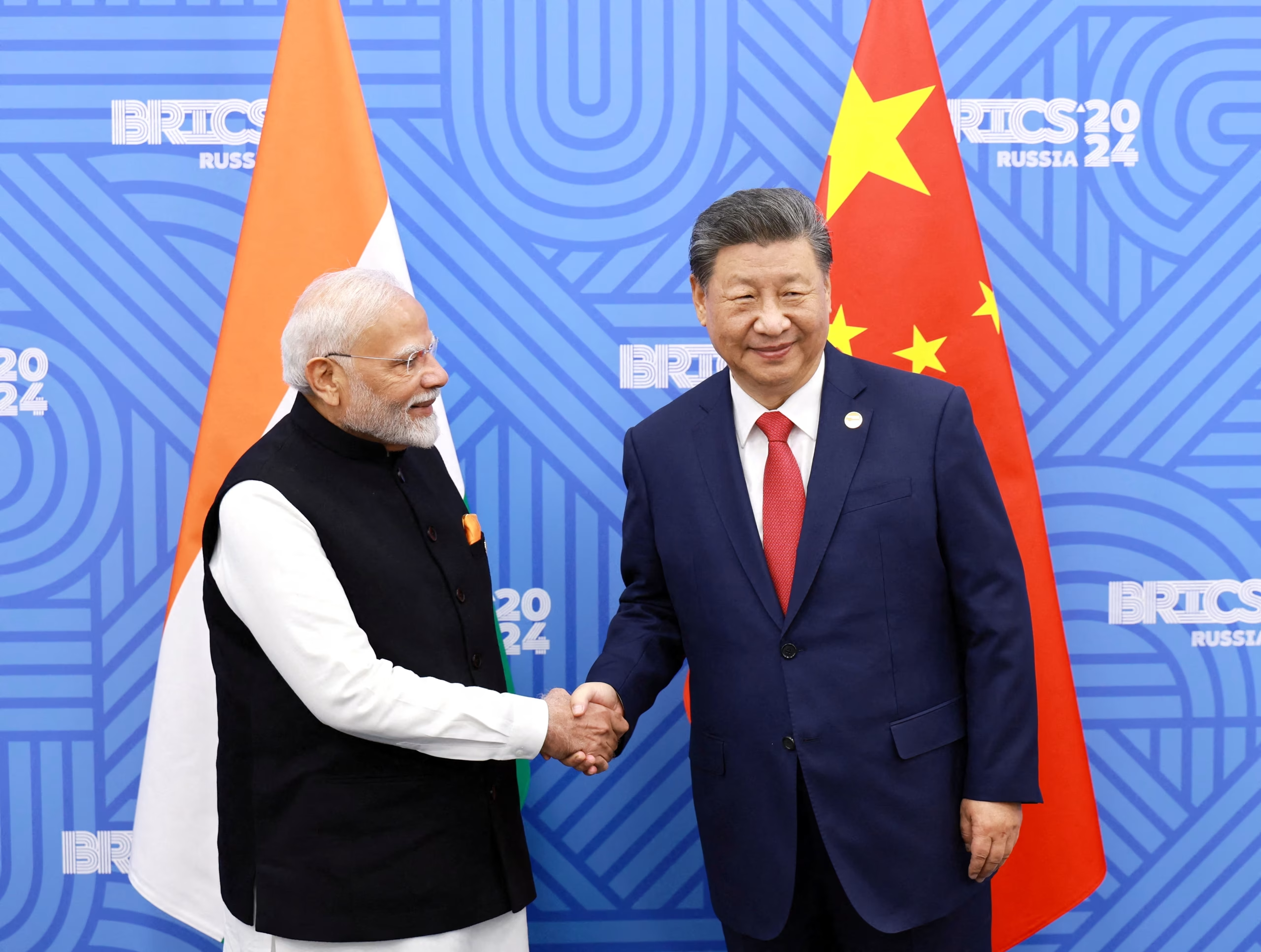South Korean President Yoon Suk Yeol is under increasing pressure to resign amid mounting public and political discontent. Critics cite a series of controversial decisions and policy missteps that have shaken confidence in his leadership, leading to widespread protests and growing calls for his removal from office.
Political Turmoil in the Yoon Administration
President Yoon’s tenure has been marked by escalating tensions with opposition lawmakers and a series of unpopular moves that have polarized the nation. The most recent trigger for calls to resign stems from a controversial declaration of martial law, which Yoon abruptly reversed after significant backlash. This decision, seen as a drastic overreach, has plunged the administration into its deepest crisis yet.
Yoon’s initial declaration was aimed at quelling unrest following public outrage over alleged government corruption and economic instability. However, the move was widely condemned as undemocratic, with critics accusing the president of undermining South Korea’s democratic values. Armed troops storming the National Assembly further fueled public anger, sparking accusations of authoritarianism.
South Korea’s president Yoon Suk Yeol
Public Outcry and Protests
The reversal of the martial law decree did little to quell public dissatisfaction. Massive protests erupted in Seoul and other major cities, with demonstrators demanding Yoon’s resignation. Protesters carried banners reading “Defend Democracy” and “Yoon Must Go,” signaling a broad loss of trust in his leadership.
Political analysts note that this level of unrest is reminiscent of previous political crises in South Korea, including the impeachment of former President Park Geun-hye in 2017. The parallels have only intensified calls for Yoon to step down, with opposition leaders likening his actions to those of authoritarian regimes.
Opposition Parties and Lawmakers Respond
South Korea’s opposition parties have capitalized on the public outcry, amplifying their demands for Yoon’s resignation. Leaders of the Democratic Party and other opposition groups have accused the president of failing to address pressing economic challenges while focusing on consolidating power.
“President Yoon has betrayed the trust of the people,” one opposition lawmaker stated during a parliamentary session. “His actions have destabilized our democracy and tarnished South Korea’s reputation on the global stage.”
Even some members of Yoon’s conservative base have expressed discontent, suggesting fractures within his support network.
Economic Woes Add to the Crisis
The calls for Yoon’s resignation come at a time when South Korea is grappling with economic uncertainty. Rising inflation, youth unemployment, and slowing growth have placed additional strain on the administration. Critics argue that Yoon’s policies have failed to address these issues effectively, further eroding public confidence.
Many citizens feel that the government has prioritized political maneuvering over solving everyday challenges, fueling resentment across various demographics.
The Road Ahead for President Yoon
While President Yoon has thus far resisted calls to resign, his administration faces an uphill battle to restore trust. Political analysts warn that unless significant reforms and reconciliatory measures are taken, the pressure on Yoon to step down will only intensify.
In a recent address, Yoon defended his actions, stating that his decisions were made with the nation’s best interests at heart. “My administration remains committed to safeguarding the stability and prosperity of South Korea,” he said. However, critics argue that words alone will not be enough to address the growing discontent.
Implications for South Korea
The political turmoil surrounding Yoon’s presidency has raised questions about the stability of South Korea’s democratic institutions. The crisis has also sparked debates about the role of executive power and the importance of checks and balances in preventing overreach.
As South Korea navigates this challenging chapter, the decisions made in the coming weeks will likely shape the nation’s political landscape for years to come. Whether Yoon can weather the storm or succumbs to growing demands for his resignation remains to be seen, but one thing is clear: South Korea stands at a crossroads, with its democratic values hanging in the balance.
Source: eNCA
In other news – Kanye West is to release solo album before end of 2024
Kanye West, one of the most influential and polarizing figures in modern music, is reportedly gearing up to release a new solo album before the close of 2024. The news has sent waves of excitement through his fanbase, marking his return to the music scene following months of speculation about his creative projects.
This upcoming album would be West’s first solo project since his critically divisive yet commercially successful Donda 2, released in 2022. Read more



 Pope Francis dies aged 88 just hours after meeting JD Vance
Pope Francis dies aged 88 just hours after meeting JD Vance India Signals Readiness to Pursue Stronger, Strategic China Business Ties After Border Dispute Resolution
India Signals Readiness to Pursue Stronger, Strategic China Business Ties After Border Dispute Resolution South Korea troops try to storm parliament after martial law declared
South Korea troops try to storm parliament after martial law declared Indian police arrest seven for breaking into Bangladesh consulate
Indian police arrest seven for breaking into Bangladesh consulate Saudi Arabia’s MBS takes up new Middle East crises in UAE visit
Saudi Arabia’s MBS takes up new Middle East crises in UAE visit President Joe Biden grants full unconditional pardon to son Hunter
President Joe Biden grants full unconditional pardon to son Hunter Justin Timberlake drops big news about his Forget Tomorrow World Tour
Justin Timberlake drops big news about his Forget Tomorrow World Tour Vladimir Putin warns of using all weapons if Ukraine acquires nuclear arms
Vladimir Putin warns of using all weapons if Ukraine acquires nuclear arms Donald Trump warns BRICS nations of 100% tariffs over plans against US dollar
Donald Trump warns BRICS nations of 100% tariffs over plans against US dollar Israeli strikes kill dozens in Gaza, Egypt to host Hamas leaders
Israeli strikes kill dozens in Gaza, Egypt to host Hamas leaders